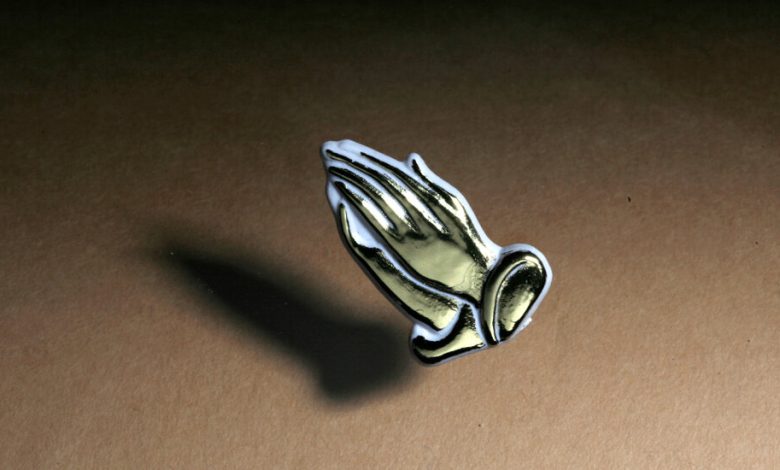It’s Easter 2050. Here’s What American Religion Looks Like.

Another Easter, another survey showing religion’s recent ebb: This one is from Gallup, confirming a deepening of the 21st-century decline in church attendance.
But diminishment coexists with transformation. The kind of Christian practice that’s likely to endure and thrive as loosely affiliated church members fall away isn’t the kind we associate with the flood tide of American Christianity 60 years ago. Meanwhile, the main alternative to traditional religion, a faith in secular progress, has entered into its own crisis of commitment and belief, with mysticism creeping back in around secularism’s edges.
So let’s try to imagine how these trends might shape American religion a generation hence. Clearly the old order of Protestant denominationalism, Methodists and Presbyterians and Episcopalians clustering around the city green, no longer defines our religious life. In its place, what alignments are taking shape? How might an American in 2050 describe the country’s key religious groups?
Let’s imagine such a description. Start with a group we’ll call the neotraditionalists. These are liturgical and doctrinally conservative Christians, with a Roman Catholic core orbited by some Reformation factions, Calvinists especially, as well as some Eastern Orthodox churches, small but flush with converts.
The “neo” as well as the “traditionalist” matters. These believers have created, rather than inherited, their conservative culture. Generally they are highly educated and upwardly mobile, though their tendency to have large families limits that mobility. The stereotypical neo-trad lives around a city or college town in a conservative state and sends her kids to one of the ever-expanding network of classical high schools. But there are important neo-trad subcultures in big liberal cities, supplying the behind-the-scenes leadership — judges, administrators, wonks — for whatever kind of political conservatism exists in 2050.
Next, we have a larger group, the mere Christians. These are Americans we would call ex-evangelical or nondenominational Protestant today, but terms like “denomination” and “Protestant” seem quaint in our imagined 2050 and even “evangelical” is falling into abeyance. Instead most people in this category just identify as Christians, while attending churches with names like Elevate and Rise and Resurrection — institutions that are theologically conservative, but not doctrinally intense and not liturgical at all.
